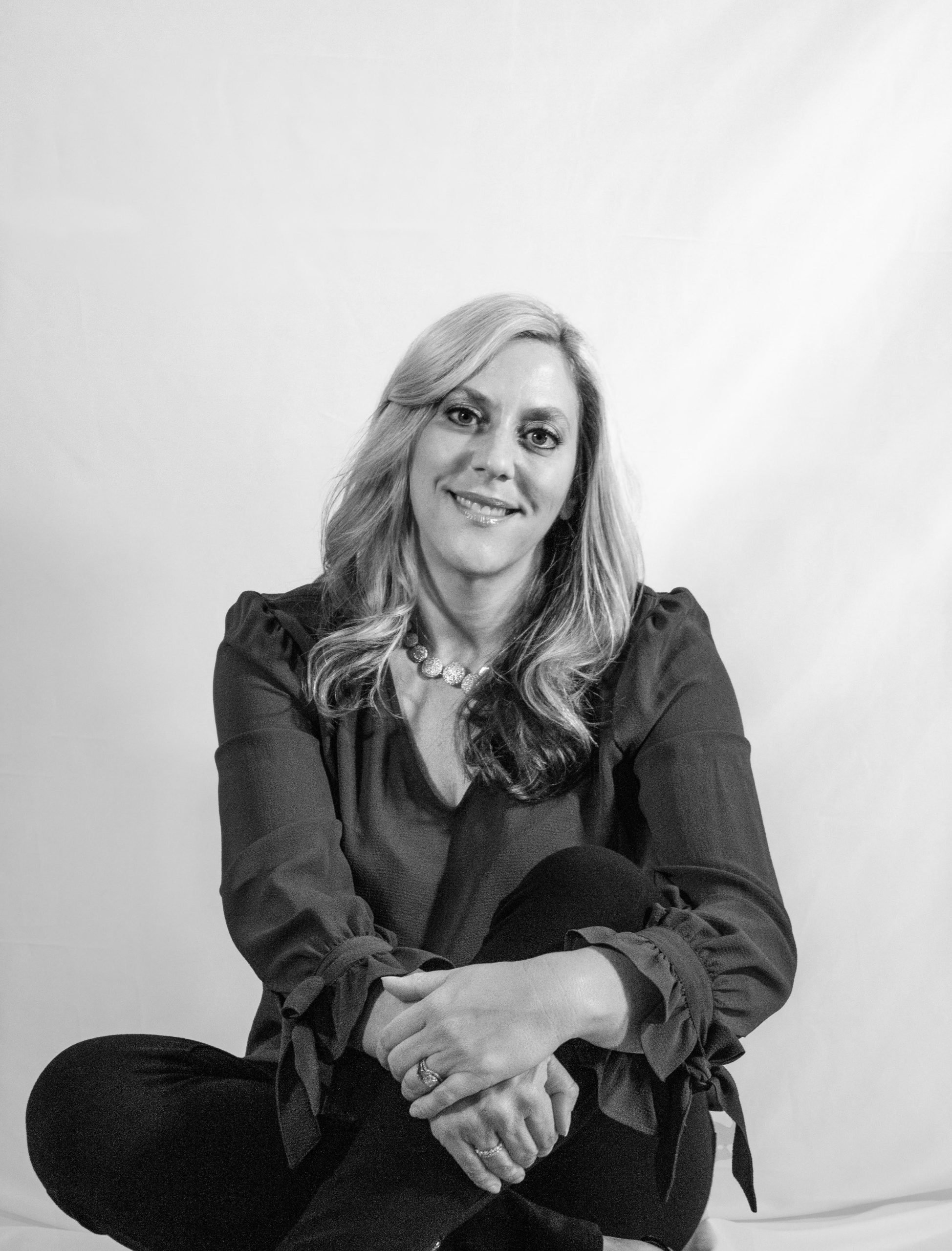Workplaces are changing faster than ever. While some employees now permanently work from home, others work remotely half the week and at the office the other days. On top of that, a new generation of employees have higher expectations for their bosses. MBA programs in the ‘80s and ‘90s didn’t teach executives how to consider their staff’s work-life balance. Now, many bosses are having to alter decades-long management tactics. How do leaders adapt to the ever-changing workplace environment?
 They often call executive coach Lacey Leone McLaughlin. For over 20 years, McLaughlin has worked as a coach in the aerospace, tech, communications, finance and entertainment sectors. She spent nine years at the Center for Effective Organizations running executive education for USC’s Marshall School of Business. Since then, McLaughlin has helped leaders with improving employee retention, raising profits and more business challenges. With so many changes in the office, McLaughin’s work has been more in demand than ever before. She’s spent the past three years helping bosses lead by navigating how they show up, COVID-19, work-life balance, millennial and Gen Z employees, new workplace technologies (hello, Zoom!) and more.
They often call executive coach Lacey Leone McLaughlin. For over 20 years, McLaughlin has worked as a coach in the aerospace, tech, communications, finance and entertainment sectors. She spent nine years at the Center for Effective Organizations running executive education for USC’s Marshall School of Business. Since then, McLaughlin has helped leaders with improving employee retention, raising profits and more business challenges. With so many changes in the office, McLaughin’s work has been more in demand than ever before. She’s spent the past three years helping bosses lead by navigating how they show up, COVID-19, work-life balance, millennial and Gen Z employees, new workplace technologies (hello, Zoom!) and more.

Most of McLaughlin’s work has taken place in private. When McLaughlin’s niece learned some of the lessons that McLaughlin discussed with CEOs, her niece begged her to start speaking in public. Younger people could learn so much from the stories. So, McLaughlin launched her new podcast, Unfolding Leadership. In the first season, guests have included actress and RE/SHAPE founder Ali Landry, She-Ra showrunner ND Stevenson and Cisco AppDynamics general manager, Linda Tong. Yahoo, OK magazine, New York magazine, the Mentor Collective, Radar and more have buzzed about the podcast.
McLaughlin recently sat down with Worth to discuss how leaders adapt to workplace changes, how executive coaching helps bosses and employees, and why with coaching being confidential, her clients are comfortable sharing their stories in public.
Q: How are executive coaches helping managers adapt to the changing workplace culture?
A: A decade ago, I would start a coaching session by asking, “How’s the business, what are you working on, and so on?” Now, pre- and post-pandemic, I ask, “How are you doing? How is your team doing?” Today, employees expect their managers to see them as human beings and invest in them, their work. At first, some managers were like, “With everything that was thrown at leaders in the last few years, it was often hard for them to find the time.” But with staffing shortages around the country, they have to consider their employees’ well-being. Otherwise, nothing is sustainable, not their teams, culture or business.
In 2022, executive coaches teach leaders how to show up for their employees and act less like a boss and more like a leader. We’re helping them be intentional about things, like checking in with their teams and seeing how they’re doing. One of the best things coaches have seen during this change is when leaders show up as more human and empathetic. When teams and leaders are more energized and engaged, the business also performs better.

Has executive coaching changed in different sectors?
Coaching is, by its nature, a confidential business. I’m publicly known for working with entertainment leaders, but I work with executives across various industries. Across industries, many managers want their teams back in the office, but then, they’re seeing valuable employees resign to find work-from-home jobs or change career directions all together. Coaches are working with leaders to figure out a solution for all that maintains the creativity and innovation that can happen in person and allows employees flexibility.
Meanwhile, because the entertainment business is so public-facing, managers are paying attention to how they manage young staff that now expect them to show up differently. Over a decade ago, an assistant wouldn’t expect their boss to care about their work-life balance, development and career path, but it’s not 2008 anymore, and it hasn’t been for some time. Overall, everyone has something in common: They’re trying to make work the best place possible for their employees, so everyone can show up and do their best.
How has executive coaching remained the same during the pandemic?
As long as I’ve coached executives—and I’ve been doing this for quite some time—all the best leaders have three things in common: They knew leadership is hard, they put in the work to develop (and keep developing) their leadership skills and they are confident enough to surround themselves with really smart people. School makes it sound like leaders are born. People just emerge as brave, confident leaders, but leading is just like being a doctor, lawyer, plumber, electrician or any other skill. It’s learned. Of course, there are some behaviors that help, but even the most gifted leaders have to practice and know that they need to continue to develop their craft.
Why did you decide to have these conversations on your podcast, Unfolding Leadership?
Over the years, I’ve been asked by clients to share lessons learned, friends have pushed me to write articles. When my niece told me that listening to a business podcast would be like getting a quick MBA, I finally gave in. Also, I had noticed that many leaders were having one conversation in private and another in public. When I would give a talk at a conference, I saw bosses let out a sigh of relief when I vocalized what they all said in private. People are dying to have these conversations; leadership is hard, it’s a journey, let’s talk about it.
What’s the biggest lesson you learned during your podcast and the evolution in the workplace?
That people/leaders want to show up, do the right thing for their employees and have success, it’s all the “other stuff” that can sometimes get in the way.
What do you hope people learn from your podcast and the changes in the workplace?
Right now, everything is changing so fast, and work is harder than it’s ever been, and organizations are working hard to adapt. While organizations and leaders are trying to change, they’re also adapting themselves to work-from-home challenges, work-life balance, what’s happening in the world and their own development. Leadership is hard—we all need to acknowledge that and give each other a little more grace than ever before.







